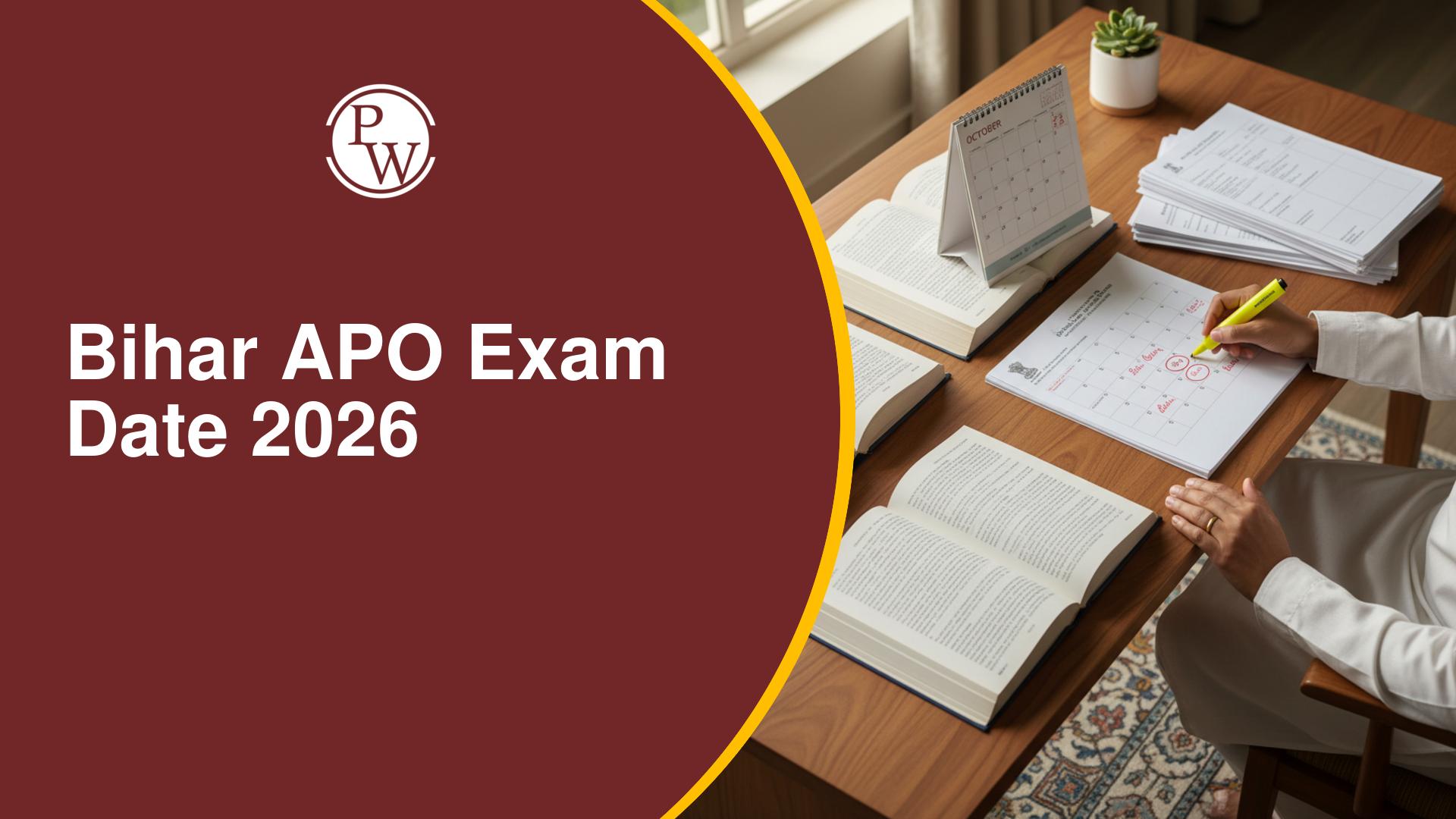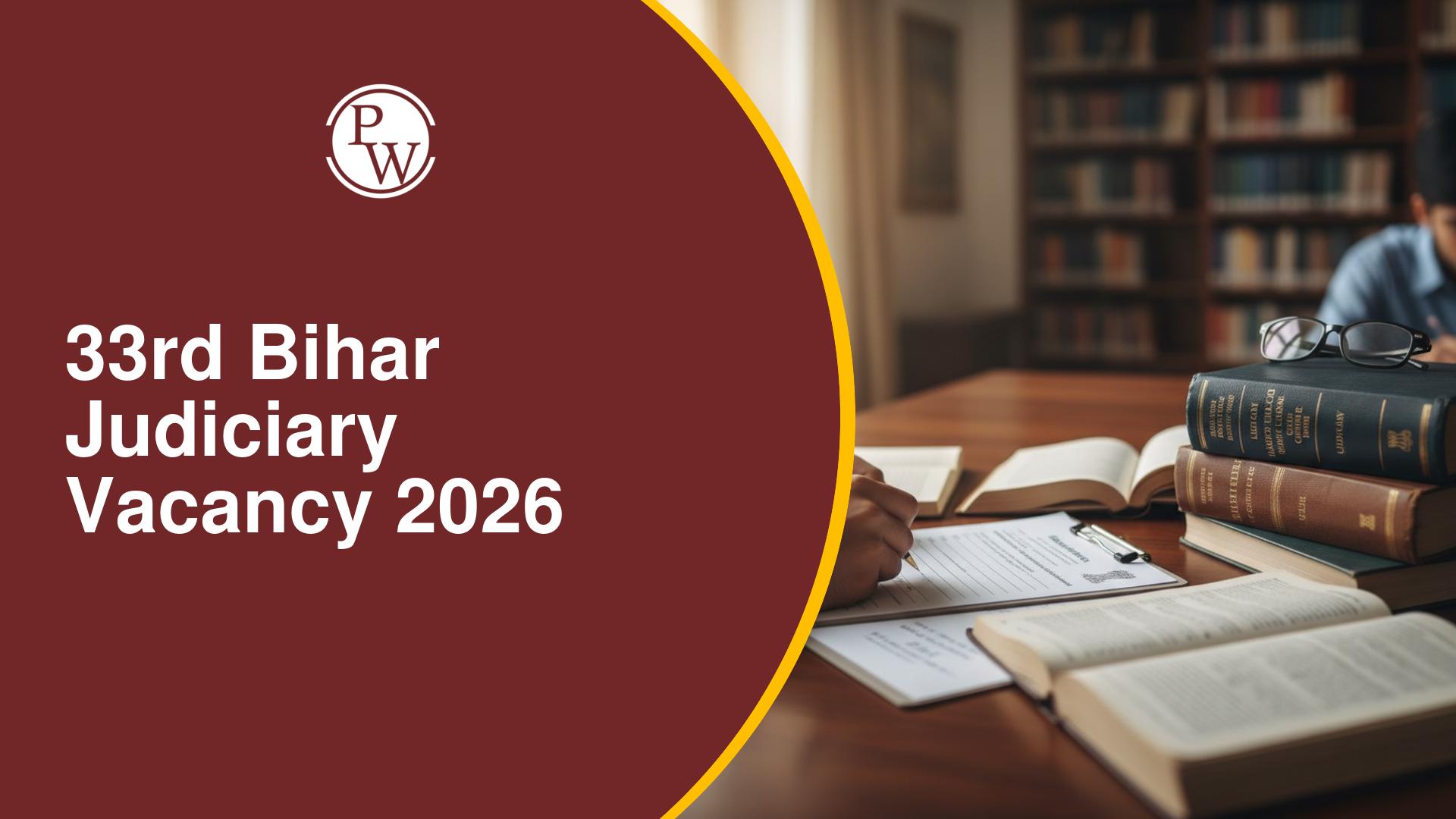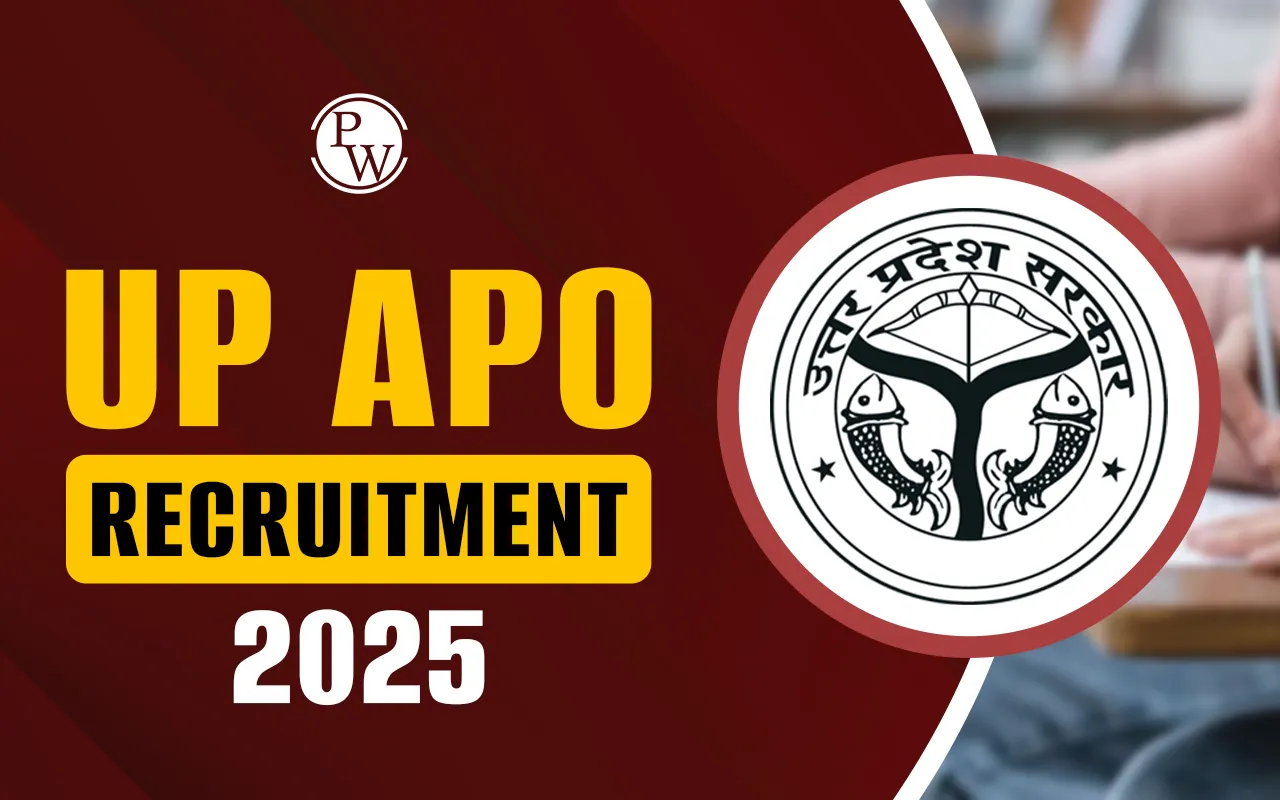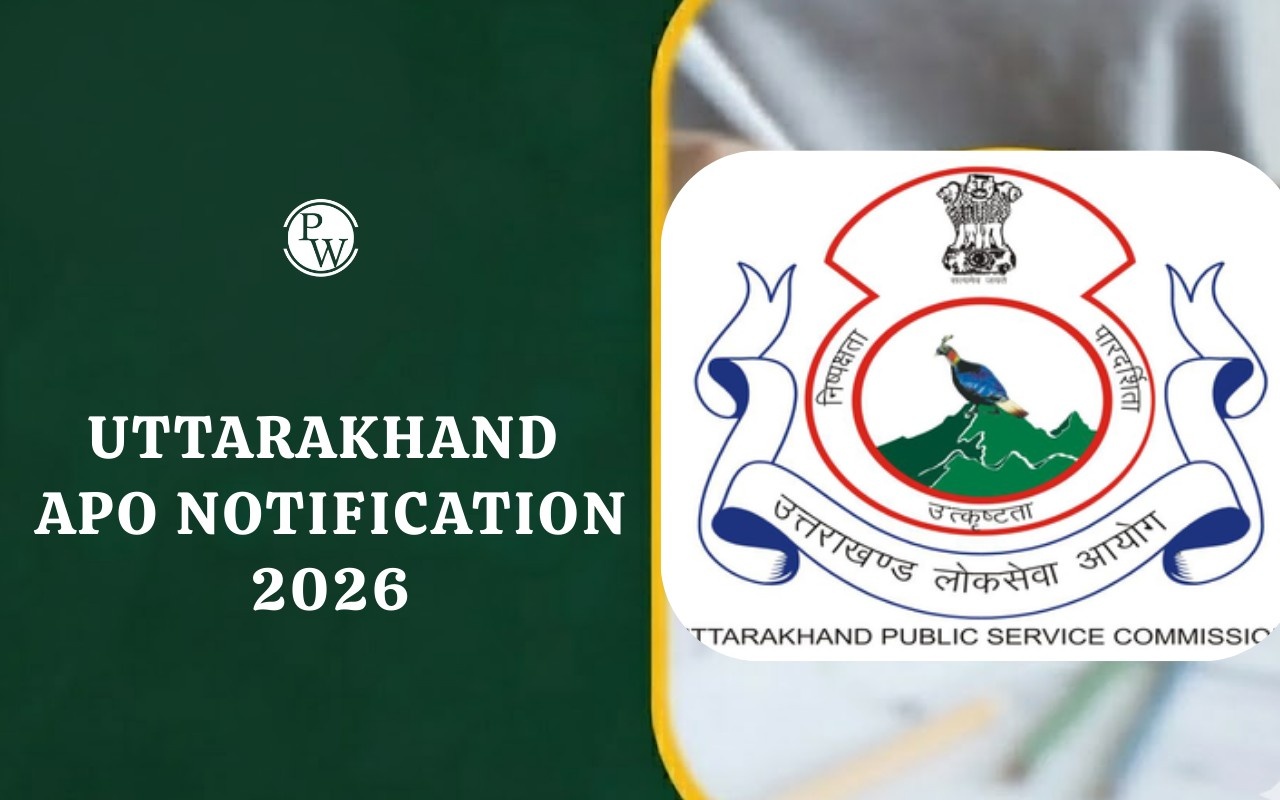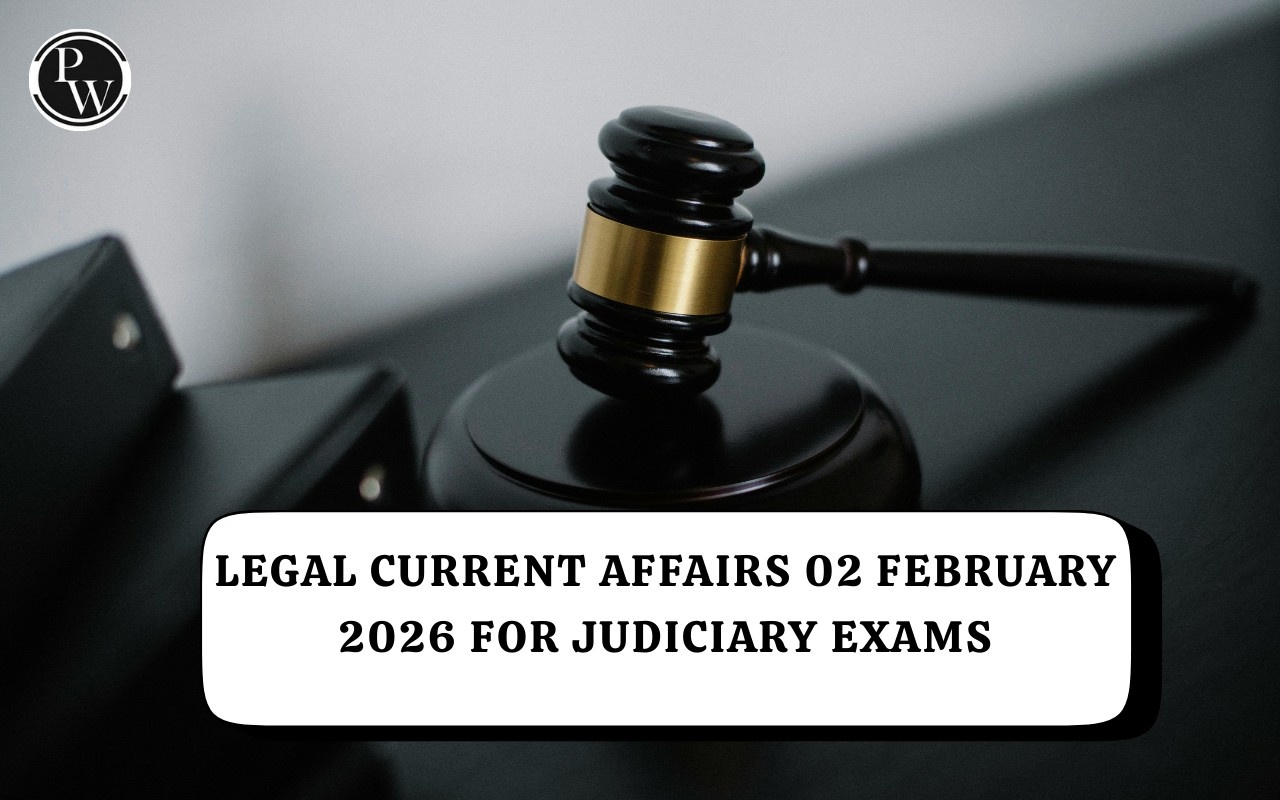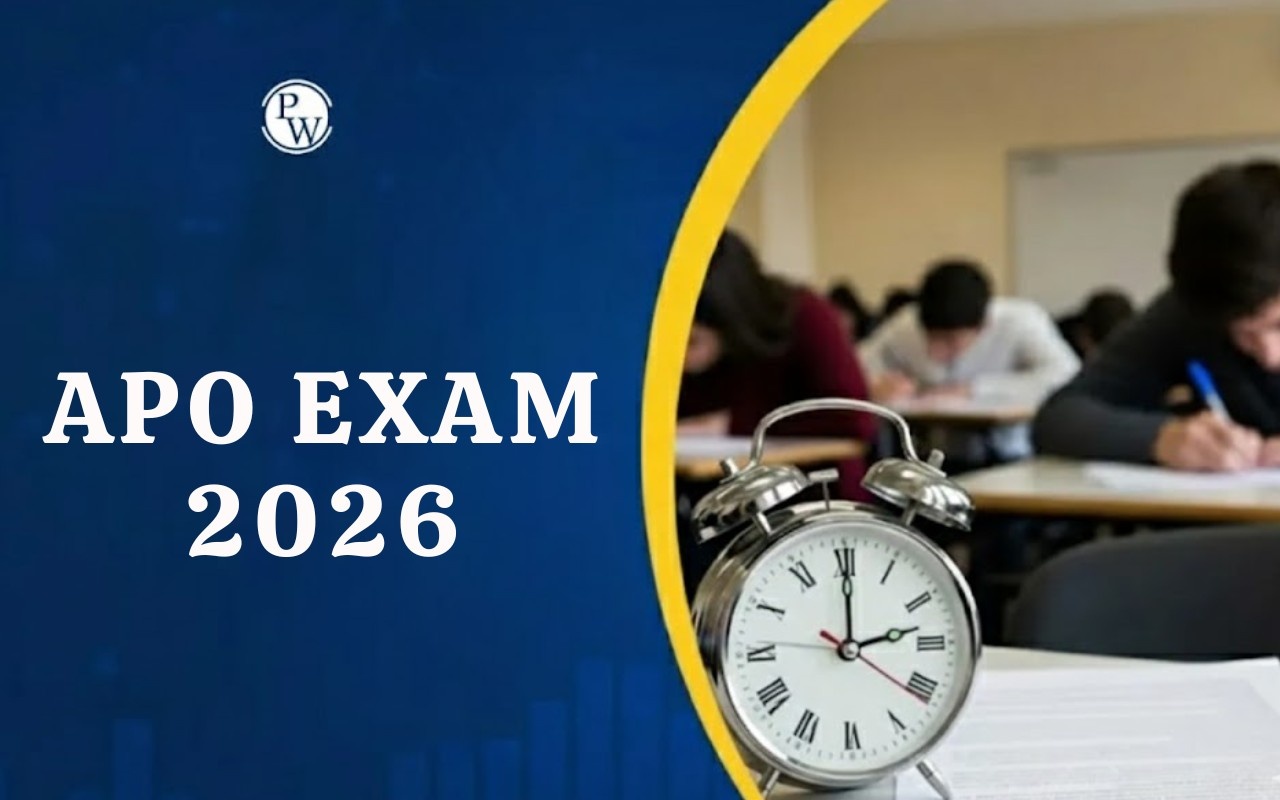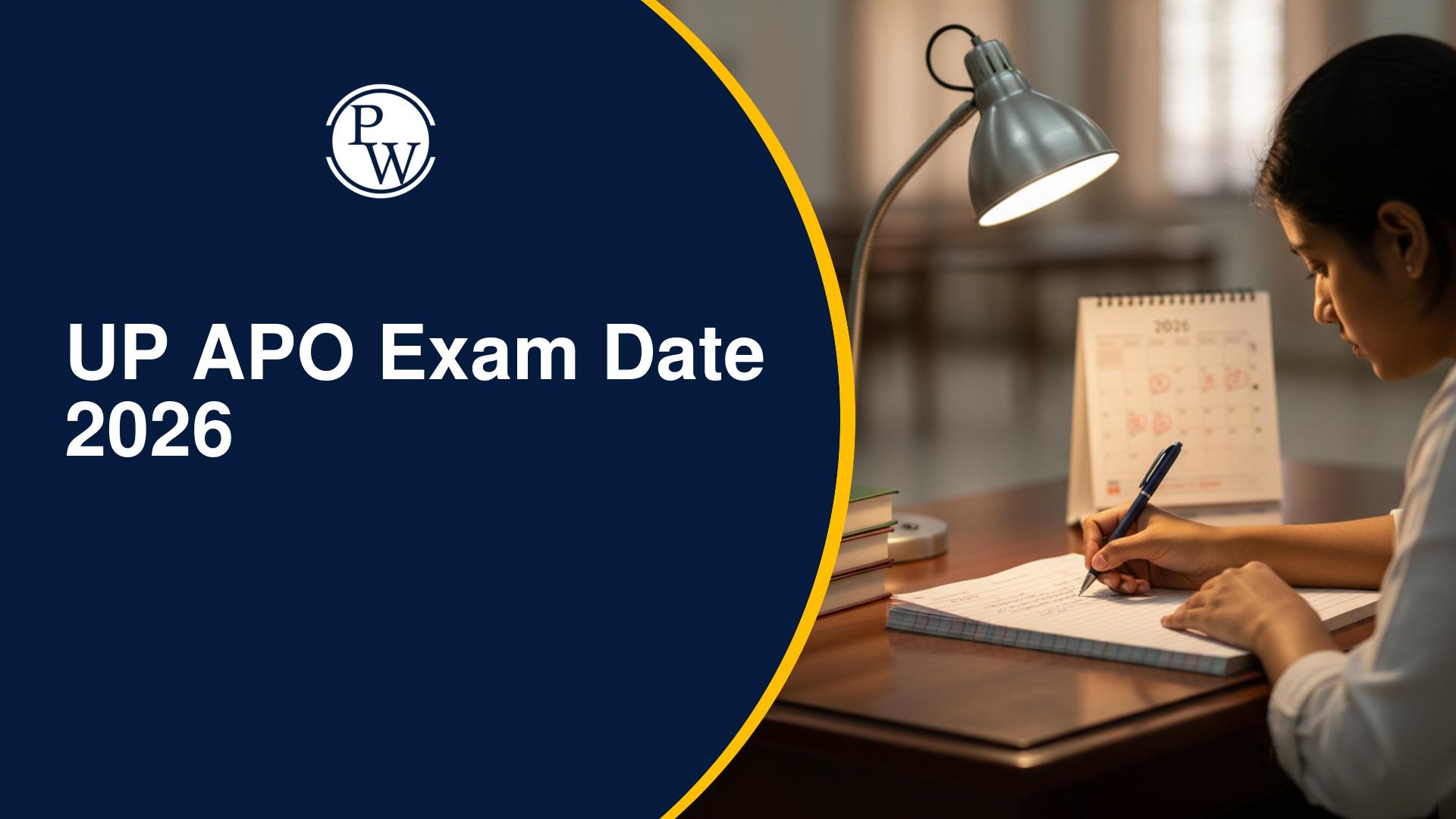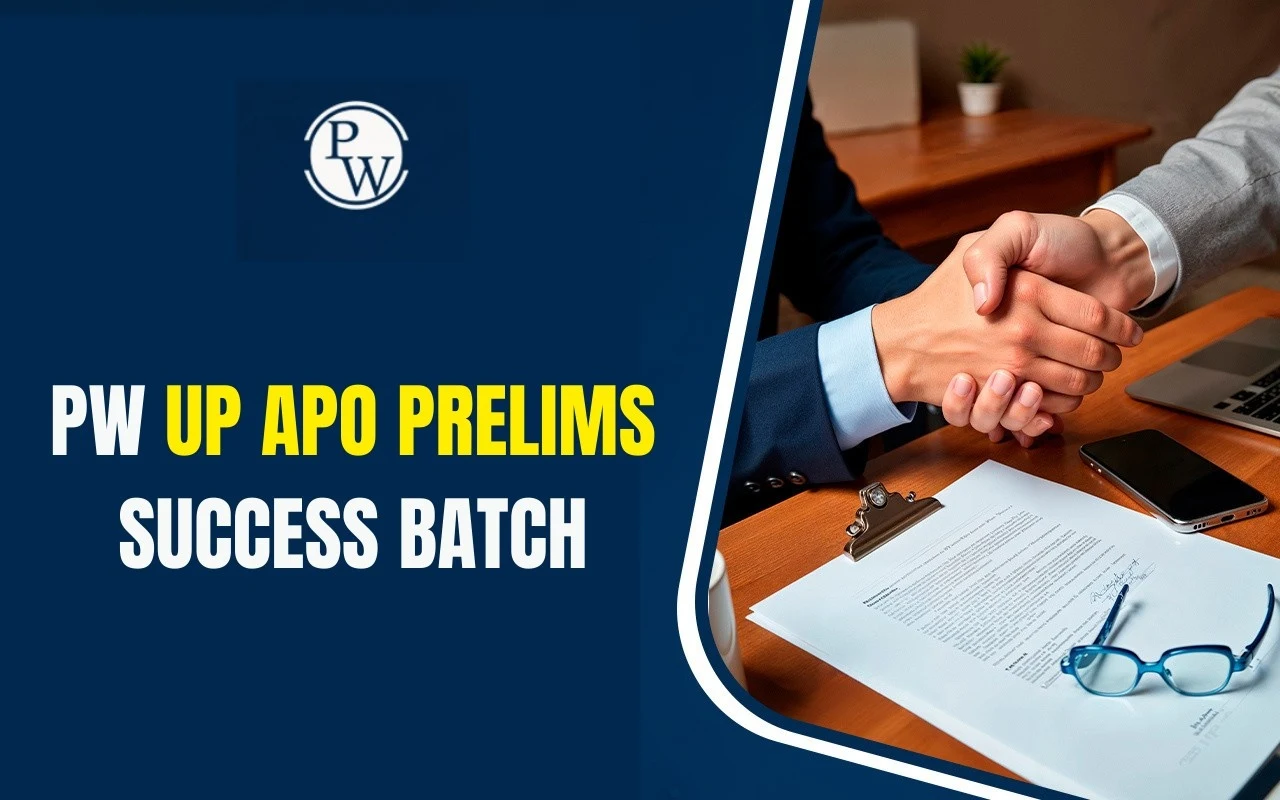
Judiciary Exam Eligibility 2025: The Judiciary Exam provides a prestigious career to an aspirant in the judicial services of India. Understanding the eligibility criteria for these exams is important for aspiring candidates. With the Supreme Court’s latest ruling on May 20, 2025, the eligibility landscape has changed significantly. Read on to get an in-depth analysis of the updated Judiciary Exam Eligibility 2025, including the latest mandatory 3-year legal practice requirement for Civil Judge (Junior Division) posts, covering both lower and higher judiciary exams. State-specific criteria are highlighted to help candidates understand their prospects clearly.
Judiciary Exam Eligibility 2025 - Supreme Court Restores Mandatory 3 Year Practice Rule
In a landmark judgment delivered on May 20, 2025, the Supreme Court of India has reinstated the condition that a minimum of three years of legal practice is mandatory for all candidates aspiring to join the judiciary as Civil Judge (Junior Division).
A bench comprising Chief Justice B.R. Gavai, Justice A.G. Masih, and Justice K. Vinod Chandran emphasised that allowing fresh law graduates without practical experience has caused significant issues in the administration of justice.
This practice requirement will apply to all future recruitment processes initiated after May 20, 2025. Any recruitment already notified by the High Courts before this date will not be affected.
Key Takeaways from the Supreme Court Judgment on Judicial Entry Eligibility
-
Mandatory 3-Year Practice: All candidates must now have a minimum of three years' experience as an advocate before applying for Civil Judge (Junior Division) posts.
-
Start Date of Practice: The period of legal practice can be calculated from the date of provisional enrollment with the Bar Council.
-
Proof of Practice:
-
A certificate issued by an advocate with at least 10 years of experience, countersigned by a judicial officer, will serve as valid proof.
-
For those practising in the Supreme Court or High Courts, a similar certificate must be endorsed by an officer designated by the respective Court.
-
-
Inclusion of Law Clerk Experience: Time spent working as a judicial law clerk will also count toward the three-year requirement.
-
Exceptions:
-
This ruling will not affect recruitments already notified or processes already underway before May 20, 2025.
-
Sikkim and Chhattisgarh were the only High Courts opposing the reinstatement of this practice requirement.
-
Judiciary Exam Eligibility 2025 Overview
The Judiciary Exam 2025 is a gateway for aspiring candidates to enter the judicial services as civil judges or judicial magistrates. Eligibility criteria include educational qualifications, age limits, and nationality requirements. Candidates must hold a degree in law (LLB) and meet the age criteria specified by the respective state judiciary. Other requirements such as physical fitness and character verification may also apply. The eligibility requirements now incorporate practical legal experience, in addition to academic and age criteria.| Judiciary Exam 2025 Details | |
|---|---|
| Category | Details |
| Exam Name | Judiciary Exam 2025 |
| Conducting Authority | State Public Service Commission or High Court |
| Eligibility Criteria | LLB degree from a recognized university |
| Age Limit | 21 to 35 years (may vary by state) |
| Legal Practice |
Minimum 3 years legal practice (for Civil Judge posts, post-May 20 notifications) |
| Exam Stages | Preliminary, Mains, and Interview |
| Application Mode | Online |
| Official Notification | Varies as per Different States |
- Lower Judiciary Exams : Open to fresh law graduates and lawyers with limited practice experience.
- Higher Judiciary Exams : For experienced advocates with a minimum number of years in practice.
Judiciary Exam Levels (Updated Classifications)
-
Lower Judiciary Exams (Civil Judge - Junior Division):
Now requires at least 3 years of legal practice after graduation for recruitments notified after May 20, 2025. -
Higher Judiciary Exams:
Requires a minimum of 7 years of practice, as before.
State-Wise Judiciary Exam Eligibility 2025
The Judiciary Exam Eligibility 2025 vary across states in India. This state-wise list provides a detailed overview of the educational qualifications, age limits, and other essential requirements for candidates aspiring to appear in Judiciary Exams in 2025. Stay updated on specific state-wise guidelines to ensure proper preparation.UP Civil Judge Exam Eligibility Criteria 2025
The Uttar Pradesh Public Service Commission (UPPSC) sets the eligibility criteria for the UP PCS J exam.Eligibility Criteria
- Nationality : Applicants must be Indian citizens.
- Age Limit : Candidates must be between 22 and 35 years as of January 1, 2025.
- Educational Qualification : A Bachelor of Law (LLB) degree from a recognized university is required.
- Other Requirements : Candidates should be enrolled as Advocates under the Advocate Act 1961 or equivalent.
- Language Proficiency : Knowledge of Hindi in Devanagari script is mandatory.
| Criteria | Requirements |
|---|---|
| Nationality | Indian Citizen |
| Age Limit | 22-35 years |
| Educational Qualification | LLB from a recognized university |
| Other Criteria | Enrolled as an Advocate, Barrister, or Member of Advocates in Scotland |
| Language Requirement | Proficiency in Hindi in Devanagari script |
Madhya Pradesh Judiciary Exam Eligibility 2025
The Madhya Pradesh Judiciary Exam is conducted by the Madhya Pradesh High Court.Eligibility Criteria
- Nationality : Indian citizen.
- Age Limit : 21 to 35 years.
- Educational Qualification : An LLB degree from a recognized institution; final-year law students can also apply.
- Language Proficiency : Knowledge of Hindi is required.
| Criteria | Requirements |
| Nationality | Indian Citizen |
| Age Limit | 21-35 years |
| Educational Qualification | LLB from a recognized university |
| Language Requirement | Proficiency in Hindi |
Bihar Judicial Services Exam Eligibility Criteria 2025
The Bihar Public Service Commission (BPSC) sets the criteria for the Bihar Judiciary Exam 2025.Eligibility Criteria
- Nationality : Indian citizen.
- Age Limit : 22 to 35 years.
- Educational Qualification : A law degree recognized by the Bar Council of India.
- Physical Fitness : Candidates must meet specific physical standards.
| Criteria | Requirements |
| Nationality | Indian Citizen |
| Age Limit | 22-35 years |
| Educational Qualification | LLB from a recognized university |
| Physical Fitness | Must meet specified standards |
Rajasthan Judiciary Exam Eligibility 2025
The Rajasthan High Court oversees the Rajasthan Judiciary Exam 2025 in the state.Eligibility Criteria
- Nationality : Indian citizen.
- Age Limit : 23 to 35 years.
- Educational Qualification : An LLB degree from a recognized university.
- Language Proficiency : Knowledge of Hindi in Devanagari script is required.
| Criteria | Requirements |
| Nationality | Indian Citizen |
| Age Limit | 23-35 years |
| Educational Qualification | LLB from a recognized university |
| Language Requirement | Proficiency in Hindi in Devanagari script |
Haryana Civil Judge Exam Eligibility 2025
The Haryana Public Service Commission (HPSC) conducts the Haryana Judiciary Exam.Eligibility Criteria
- Nationality : Indian citizen.
- Age Limit : 21 to 42 years.
- Educational Qualification : LLB degree from a recognized institution.
- Language Proficiency : Knowledge of Hindi or Sanskrit is mandatory.
| Criteria | Requirements |
| Nationality | Indian Citizen |
| Age Limit | 21-42 years |
| Educational Qualification | LLB from a recognized university |
| Language Requirement | Proficiency in Hindi or Sanskrit |
Delhi Civil Judge Exam Eligibility 2025
The Delhi High Court administers the Judiciary Exam for Civil Judges in Delhi.Eligibility Criteria
- Nationality : Indian citizen.
- Age Limit : 21 to 32 years.
- Educational Qualification : A Bachelor of Law degree and enrollment as an Advocate.
| Criteria | Requirements |
| Nationality | Indian Citizen |
| Age Limit | 21-32 years |
| Educational Qualification | LLB from a recognized university |
| Enrollment | Must be enrolled as an Advocate |
Chhattisgarh Civil Judge Exam Eligibility 2025
The Chhattisgarh Public Service Commission (CGPSC) conducts the Chhattisgarh Judiciary Exam.Eligibility Criteria
- Nationality : Indian citizen.
- Age Limit : 21 to 35 years.
- Educational Qualification : LLB degree from a recognized university.
| Criteria | Requirements |
| Nationality | Indian Citizen |
| Age Limit | 21-35 years |
| Educational Qualification | LLB from a recognized university |
Himachal Pradesh Judiciary Exam Eligibility 2025
The Himachal Pradesh Public Service Commission (HPPSC) conducts this exam.Eligibility Criteria :
- Nationality : Indian citizen.
- Age Limit : 22 to 35 years.
- Educational Qualification : A law degree and enrollment as an Advocate.
| Criteria | Requirements |
| Nationality | Indian Citizen |
| Age Limit | 22-35 years |
| Educational Qualification | LLB from a recognized university |
| Enrollment | Must be enrolled as an Advocate |
Punjab Judiciary Eligibility Criteria 2025
The Punjab Public Service Commission (PPSC) handles the recruitment.Eligibility Criteria
- Nationality : Indian citizen.
- Age Limit : 21 to 37 years.
- Educational Qualification : LLB degree from a recognized university.
| Criteria | Requirements |
| Nationality | Indian Citizen |
| Age Limit | 21-37 years |
| Educational Qualification | LLB from a recognized university |
Uttarakhand Judiciary Exam Eligibility 2025
The Uttarakhand Public Service Commission (UKPSC) organizes the exam.Eligibility Criteria
- Nationality : Indian citizen.
- Age Limit : 22 to 35 years.
- Educational Qualification : LLB degree and proficiency in Hindi.
| Criteria | Requirements |
| Nationality | Indian Citizen |
| Age Limit | 22-35 years |
| Educational Qualification | LLB from a recognized university |
| Language Requirement | Proficiency in Hindi |
Judiciary Exam Eligibility 2025
Q1. What is the general age limit for the Judiciary Exam Eligibility 2025?
Q2. What are the educational requirements under the Judiciary Exam Eligibility 2025?
Q3. Does the Judiciary Exam Eligibility 2025 vary state-wise?
Q4. What is the UP PCS J Exam 2025 Eligibility in terms of age?
Q5. Are regional languages important for state-wise Judiciary Exam Eligibility 2025?

